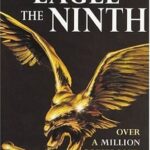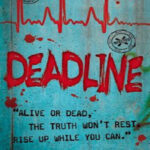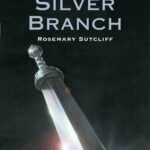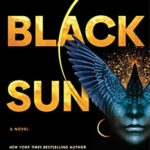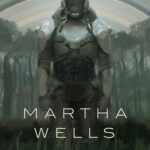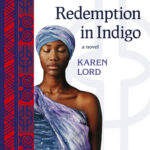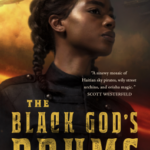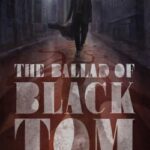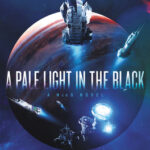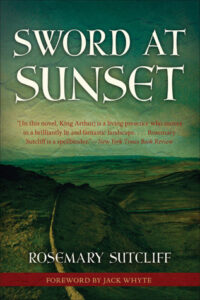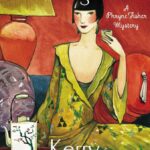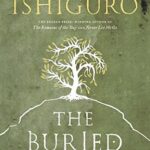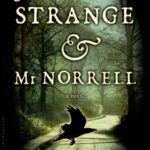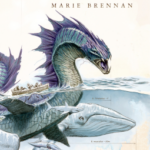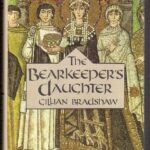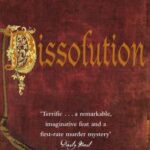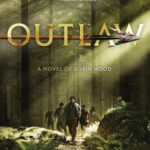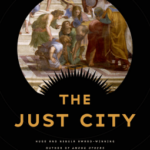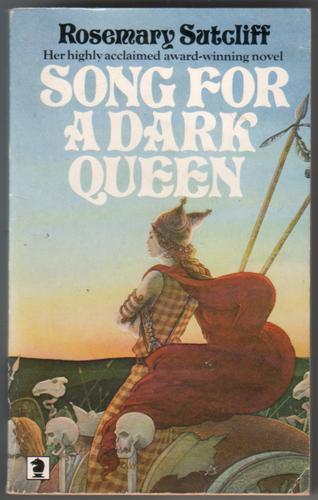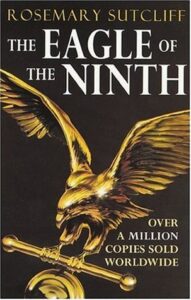 The Eagle of the Ninth, Rosemary Sutcliff
The Eagle of the Ninth, Rosemary Sutcliff
It’s been a long time since I read this book, but I remembered every word and every one of C. Walter Hodges’ illustrations with the same sort of childhood sharpness that Marcus has in his memories of the olive-wood bird and the summer day he spent carving it. I think it was one of the first books I read on my own, and I read it absolutely to pieces. It’s funny reading it now and noting the things I didn’t understand originally, the details of Roman British life and stuff about Esca’s relationship to being a slave, and Tribune Placidus being a snob…
The Eagle of the Ninth follows Marcus, a young centurion who is injured partway through his first command at a smallish fort. His heroism saves his men, but cuts him off from the soldier’s life he expected to lead, the life his father led before him. His uncle takes him in, but he’s pretty lost — even once his leg heals, even with the friendship of Esca (a British ex-gladiator he buys) and Cottia (a British girl raised by a want-to-be Roman family next door), and even with the companionship of the wolf cub Esca brings him. In the end, though, he gets a chance to find out what happened to his father, who marched away with the Ninth Legion and never returned, and most of the book follows his travels through Scotland searching for the lost eagle of his father’s legion, with Esca at his side.
It’s weird reading this now with an eye to Esca’s relationship with Marcus and how tainted that is by Esca’s slavery. Sutcliff does deal with it somewhat, but… as a kid, I never really thought about how awful it was for Marcus to be able to buy a person, and to buy Esca’s loyalty like that. And I never noticed how young Cottia was, either. Yikes. But knowing that Sutcliff spent much of her life convalescent, there’s also a new poignancy to Marcus’ struggle with his injury.
Some of the details of Roman Britain as we understand it have changed since Sutcliff wrote this book, I believe, but her research was meticulous. Roman Britain wasn’t set dressing for a story that could happen anywhere; it’s beautifully woven right into history, imagining a story around a wingless Roman eagle that was found in Silchester. She reached for scents, sounds, authentic details, and brought the Roman world to life in many of her books, and especially here.
Though I read it as a child, I think it has universal appeal. There are things about the characters that I understand so much better now as an adult, and the detail of the worldbuilding that was immersive when I was a child is still impressive.

